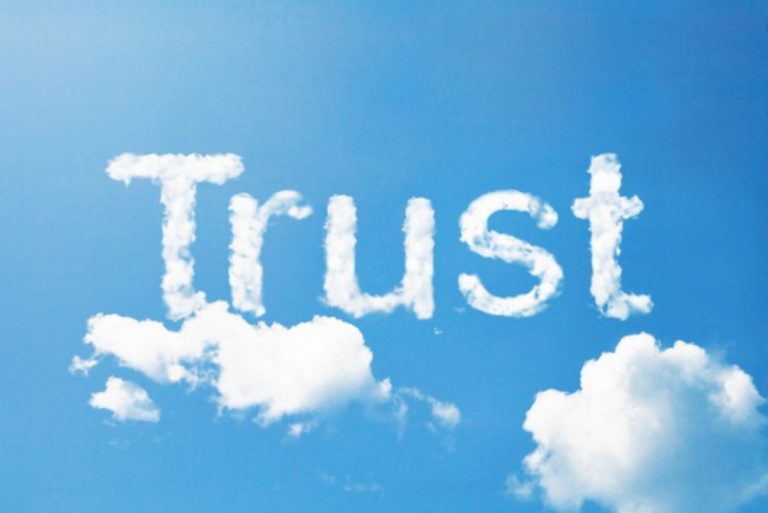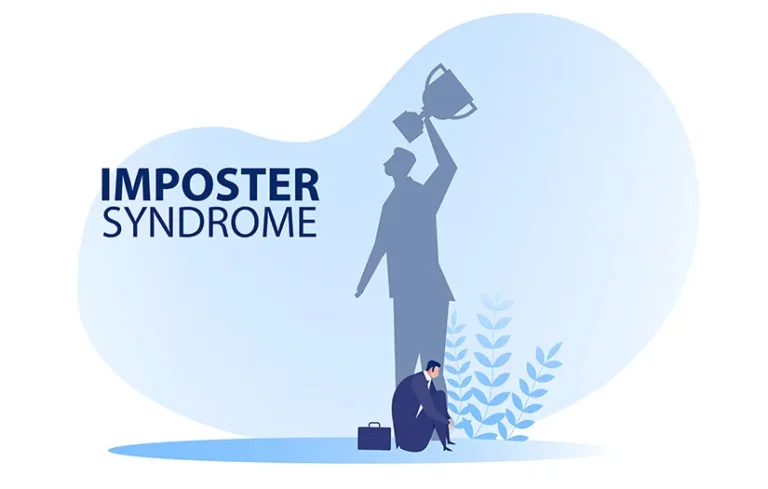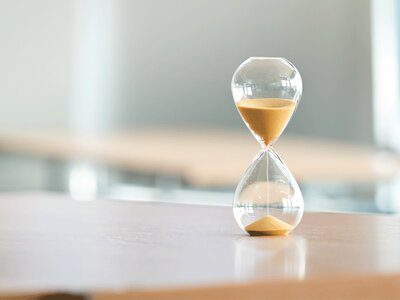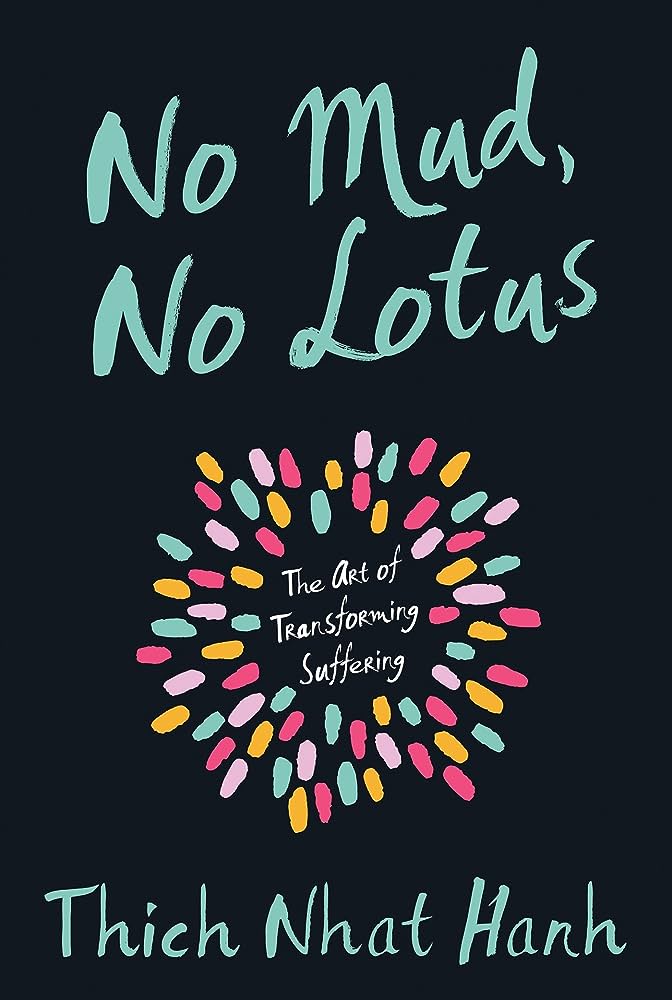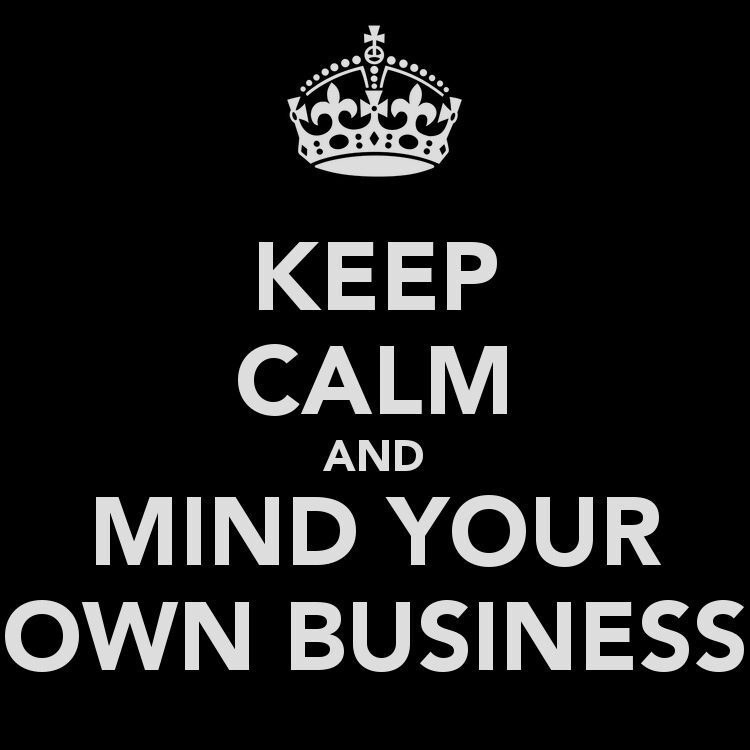Trusting yourself is one of the skills needed to become a better version of yourself. The greats get rewarded in public for what they diligently practiced in private. To perform optimally in public, you need to trust your training, process and yourself, which requires trusting that you are enough. You don’t need more schooling, more money, more connection, more followers; what you need is to continuously show up daily by doing the hard work required to be successful. Success and Failure are similar in the sense that they are both a result of making the right choice (success) or wrong choices (failure) over a long sustained period of time.
Trust is built in very small moments.
The Anatomy of Trust 1
In her 2015 Oprah’s Super Soul Conversations session, Social Scientist and Author Brené Brown spoke about the anatomy of trust. In her talk, she shared a conversation she had with her third-grade daughter about her struggle with a betrayal of trust. She said:
One day, my daughter, Ellen, came home from school. She was in third grade. And the minute we closed the front door, she literally just started sobbing and slid down the door until she was just kind of a heap of crying on the floor. And of course I was … It scared me, and I said, “What’s wrong Ellen? What happened? What happened?”
And she pulled herself together enough to say, “Something really hard happened to me today at school, and I shared it with a couple of my friends during recess. And by the time we got back into the classroom, everyone in my class knew what had happened, and they were laughing and pointing at me and calling me names.” And it was so bad, and the kids were being so disruptive, that her teacher even had to take marbles out of this marble jar.
Trust is built in very small moments. And when we started looking at examples of when people talked about trust in the research, they said things like, “Yeah, I really trust my boss. She even asked me how my mom’s chemotherapy was going.” “I trust my neighbor because if something’s going on with my kid, it doesn’t matter what she’s doing, she’ll come over and help me figure it out.” You know, one of the number one things emerged around trust and small things? People who attend funerals. “This is someone who showed up at my sister’s funeral.”
Trust is choosing to make something important to you vulnerable to the actions of someone else. Distrust is what I have shared with you that is important to me is not safe with you. – Charles Feldman
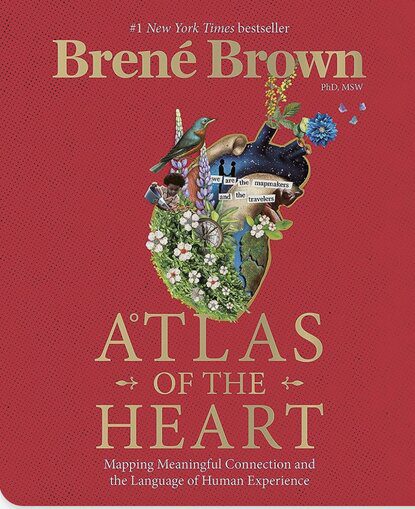
Self-trust 2 is normally the first casualty of failure or mistakes. We stop trusting ourselves when we hurt others, get hurt, feel shame, or question our worth. Use the BRAVING tool to think about self-trust:
- B—Did I respect my own boundaries? Was I clear about what’s okay and what’s not okay?
- R—Was I reliable? Did I do what I said I was going to do?
- A—Did I hold myself accountable?
- V—Did I respect the vault and share appropriately?
- I—Did I act from my integrity?
- N—Did I ask for what I needed? Was I nonjudgmental about needing help?
- G—Was I generous toward myself?
We stop trusting ourselves when we hurt others, get hurt, feel shame, or question our worth.
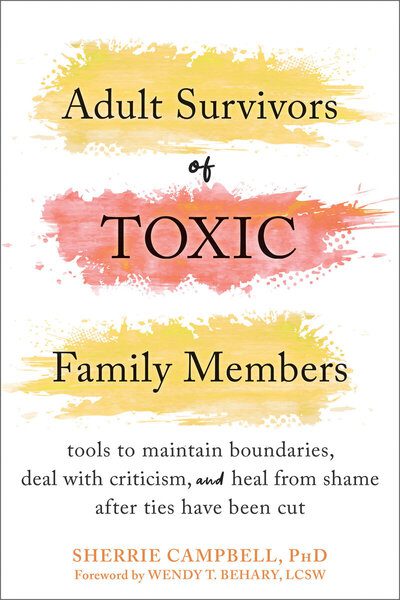
The habit of not trusting 3 yourself has been programmed into you from a young age. This lack of self-trust has made it incredibly challenging for you, as a survivor, to take the necessary steps to protect yourself. This same lack of trust can seem like a slow bleed as you continually wonder whether you have made the right decision, or when you feel unfairly judged and criticized by a society who cannot fathom anyone needing to decide to sever ties with their family. Because you were raised to be and feel insecure, it’s no surprise that you question whether you are too sensitive or too harsh with your boundaries.
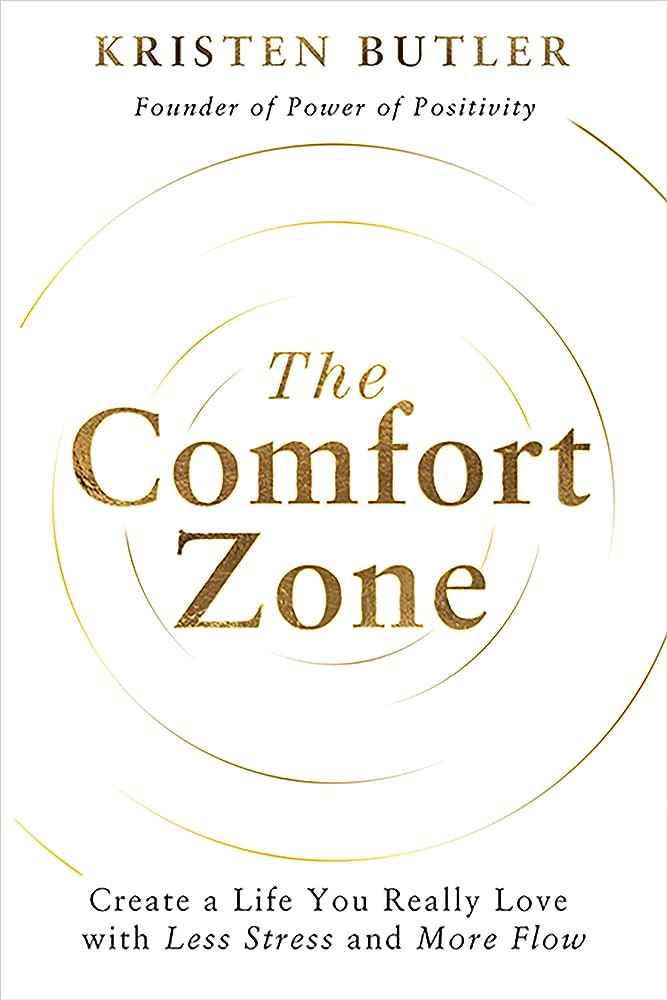
Your self-esteem 4 is closely tied to the level of confidence you feel in your own abilities, your credibility, and your values. It plays an important role in how you think others view you. When you have damaged self-esteem, it’s common for you to think that others dislike or even hate you. You are prone to feelings of self-doubt, self-criticism, judgment, shame, and loneliness.
Studies show that the lower your self-esteem, the harder it is for you to connect and the lonelier you feel. Studies also show that self-esteem and trust are closely related. In a 1974 study in the Journal of Personality and Social Psychology, researchers Craig W. Ellison and Ira J. Firestone reported that our ability and willingness to trust ourselves and others is affected by our level of self-esteem. We must trust ourselves before we can trust others, and we must accept ourselves before we can ask others to accept us.
The trouble is, if your self-esteem is compromised, so is your ability to trust. And when self-trust is compromised, you start to doubt your instincts, your ideas, your preferences, and your actions. Because the way you show up in the world reflects your relationship with yourself, when self-trust breaks down, so does your trust in those around you. As a result, the world and its many people and circumstances become random, hostile, and unreliable.
When self-trust is compromised, you start to doubt your instincts, your ideas, your preferences, and your actions.
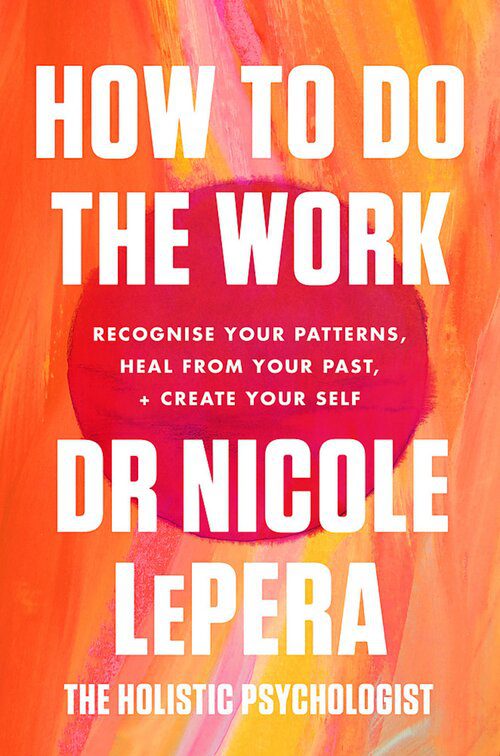
When life becomes stressful, or after we have had a moment of stress-induced reactivity, it can be helpful to touch base with the events that impacted our experiences. Some questions that can help us get a firm hold on our reactivity before we are taken over by it include:
- What can I learn about myself from what happened?
- What patterns brought me here?
- How can I embrace discomfort and grow from it?
- How can I learn how to accept criticism without making it absolute truth?
- How can I forgive myself and others?
When we have self-trust, we know that the path is still there waiting for us. This is the essence of self-accountability that leads to empowerment.
The more we learn self-accountability, the stronger our faith in our Self will grow. This allows for failure. It allows for flexibility and forgiveness when we inevitably fall off the path. When we have self-trust 5, we know that the path is still there waiting for us. This is the essence of self-accountability that leads to empowerment.
Emotional maturity is not a goal to check off a list, like reaching the next level in a video game (now you’re a fully realized human, you win!). It’s not a magical state. The underlying message is not one of a state of enlightened beingness—it’s one of work and self-forgiveness that will ultimately lead us to a greater togetherness.
Meditation
- Daily Calm with Tamara Levitt – Tolerance
- Mindfulness encourages us to challenge our judgments and to view unpleasant experiences as an opportunity to grow our tolerance muscles. In such situations, rather than let irritation mount; we can tap into a sense of steadiness, patience, and compassion.
- When we shift away from judgment, we can treat a buzzing phone as we would the sound of a car passing by; it is just a sound that arises and then subsides.
Use every distraction as an object of meditation and they cease to be distractions. – Mingyur Rinpoche.
Daily Jay with Jay Shetty – The Spotlight Effect
- We spend a lot of energy worrying about the perception of others but yet more often than not, people don’t pay us nearly as much attention as we think. We are convinced that others are paying attention to every little detail of our behaviour.
- We feel like we are under a spotlight, but in reality, even if people do notice us, they rarely judge us. Ego makes us think that because we are the center of our world, we are also the center of everyone else’s world.
- Instead, We spend our energy trying to act, pretend and perform in ways that we hope will appeal to others. It is exhausting, and it prevents us from being authentic. The one who notices most is you, and that is the person that you have to please.
Podcast
- When Life Gets Hard: 12 Stoic Lessons To Change Your Life Before 2024 | Cal Newport
All the Best in your quest to get Better. Don’t Settle: Live with Passion.
